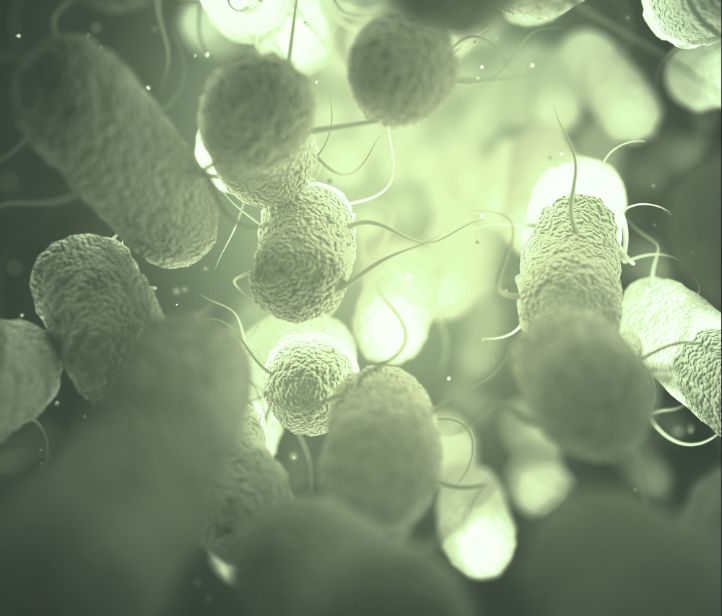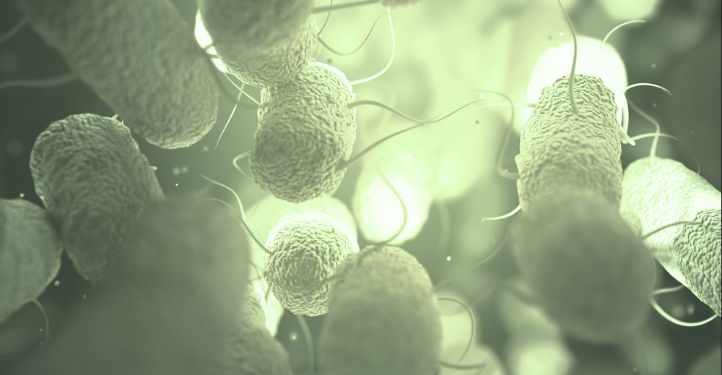Yersinia symptoms are generally mild and go away on their own. Occasionally, symptoms can become severe and a bloodstream infection may occur. In these cases, antibiotics are prescribed by a doctor to treat the infection.
Symptoms of Yersinia often begin within three to seven days after an infected person eats food that contains the bacteria. Symptoms may include fever, abdominal pain and diarrhea. Diarrhea is usually bloody and can cause severe cramping. The symptoms usually last a few days and can be painful or difficult to control. People who are immunocompromised, very young, or very old are at higher risk of Yersinia infection.
The bacteria Yersinia enterocolitica is the most common cause of Yersinia infections in humans. This bacterium can be found in soil, water, and animals (such as pigs). It is most often spread by contaminated food and by contact with an infected animal. It also can be transferred to a person by ingesting feces from an infected person or an animal.
Infections with Yersinia enterocolitica can be prevented by practicing good food safety habits and avoiding raw or undercooked pork, which is the most common source of Yersinia infections. Public health departments investigate outbreaks of Yersinia and promote safe food handling practices in restaurants, food processing plants, and food handlers.
When Yersinia enterocolitica infections do occur, they are usually mild and can be treated with supportive care, such as fluids, ice packs, nonsteroidal anti-inflammatory drugs, and antacids. Yersinia enterocolitica rarely causes serious problems, but it is always important to tell your doctor about any bowel symptoms you have.

Yersinia enterocolitica does not typically cause pneumonia but can cause septicemia, which is a life-threatening condition. Yersinia enterocolitica also can cause endocarditis, an infection of the heart valves. If an infected person has heart disease or a prosthetic heart valve, Yersinia enterocolitica may cause serious problems with the function of the heart.
If you have Yersinia enterocolitica infection, you might develop a skin rash or joint pains. This rash is most often seen in women and usually clears up on its own. In rare cases, Yersinia enterocolitica might cause complications such as a heart attack or a heart valve replacement.
Some infected persons have a yersiniosis-like rash on their legs and abdomen called “chitlin’s” syndrome. This rash often appears in the first few weeks after getting Yersinia, and it’s not a serious health problem.
Those who develop this rash should wash their hands with soap and water, and not touch their eyes or mouth. They should also avoid touching their stomach, intestines, and genital area, as these areas are where the Yersinia bacteria may grow.
In some people, Yersinia enterocolitica causes an intestinal obstruction, called appendicitis. This occurs when the Yersinia bacteria invade the bowel wall and cause an infection. A surgeon should evaluate patients with yersiniosis-like appendicitis and perform surgery to remove the Yersinia bacteria from the bowel.
This is a relatively common infection in children, especially in winter. The bacteria are commonly found in the feces of infected people and animals, and can be spread by contaminated food, such as pork and raw vegetables.









